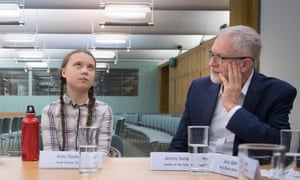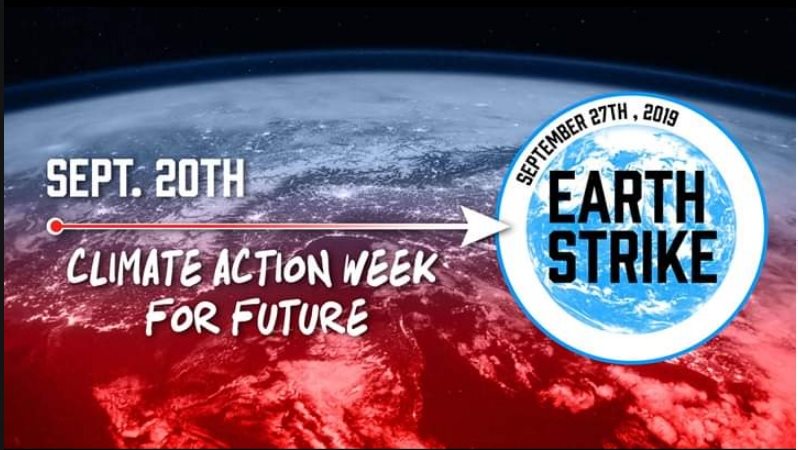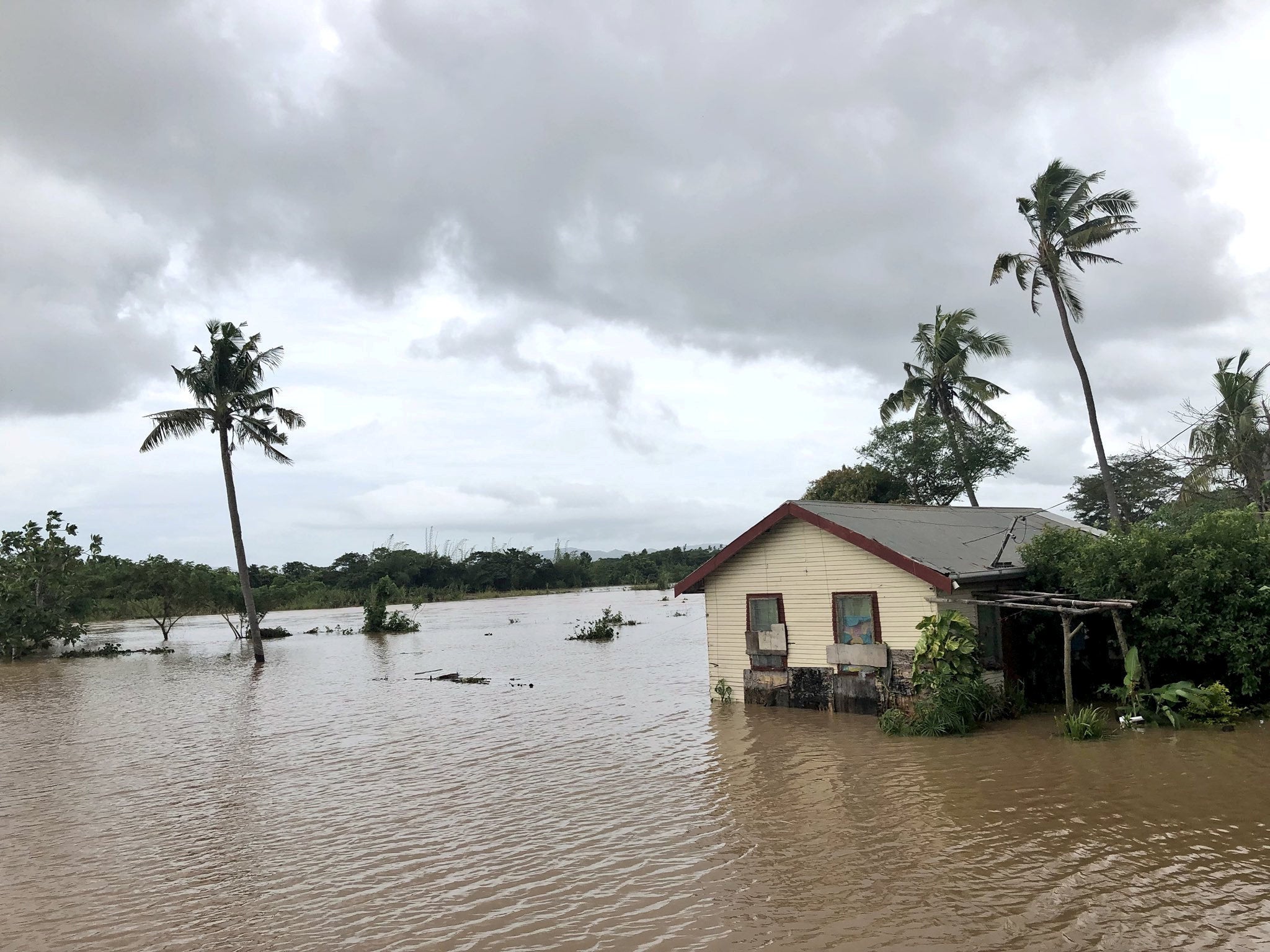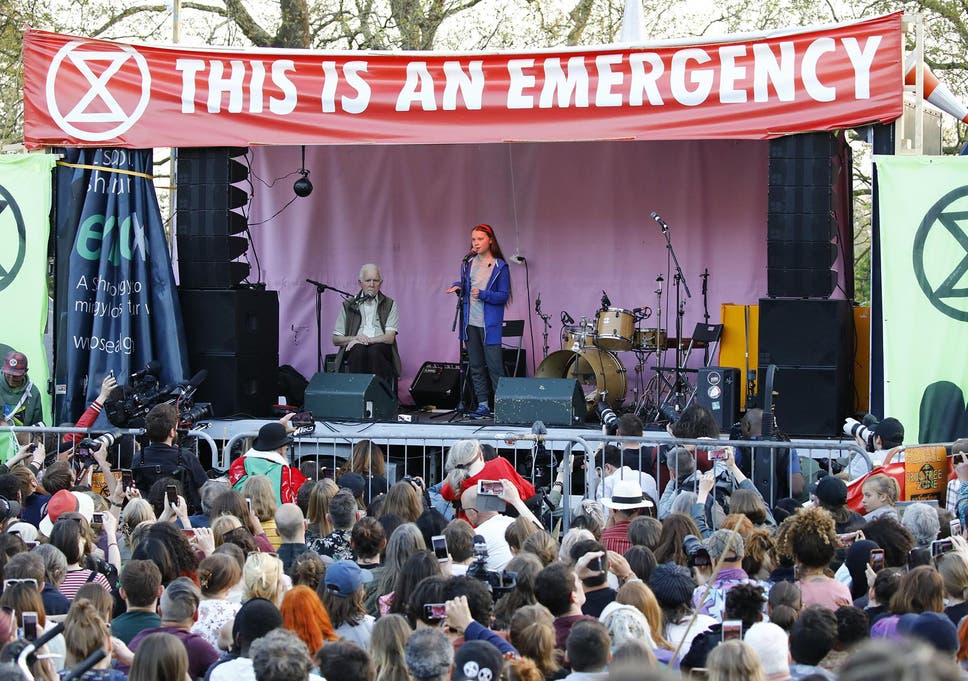In Quebec, twenty health care organizations are starting a campaign to warn people that our health care system is not ready to deal with the impact of climate change as its effects grow.
Air pollution due to emissions alone caused 7,700 deaths in Canada in 2015 and cost $36 billion. (https://www.cbc.ca/news/health/air-pollution-results-in-7-700-premature-...)
For comparisons sakes car accidents killed only 1,860 people in 2015. (https://www.tc.gc.ca/eng/motorvehiclesafety/canadian-motor-vehicle-traff...)
A coalition of 20 health care organizations in Quebec also launched a campaign Tuesday, warning Canada's health system is not ready for the force of climate change. They say 20,000 people in Quebec alone will die of climate-change related illnesses and events in the next 50 years.
Last fall, a scientific report published in the medical journal The Lancet suggested more than 7,000 Canadians die each year from chronic air pollution resulting from emissions.
https://www.timescolonist.com/climate-change-should-be-top-issue-for-vot...












